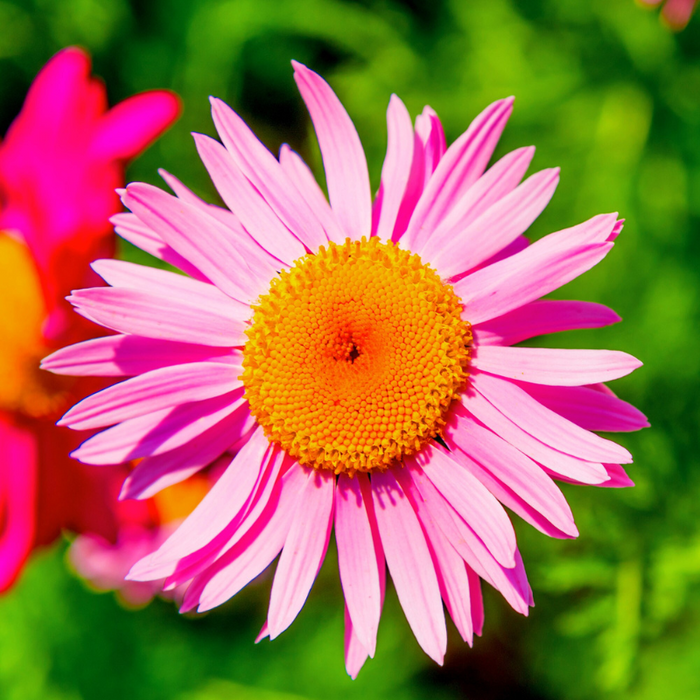
Daisy Flower Seeds
Save 50%
Original price
$10.00
Original price
$10.00
-
Original price
$10.00
Original price
$10.00
Current price
$4.99
$4.99
-
$4.99
Current price
$4.99
Elevate your garden with the timeless beauty of our Daisy Flower Seeds. These seeds adorn your outdoor space with a carpet of pure Pink daisies. Known for their simplicity and charm. Embrace the joy of nature with these classic flowers that have graced gardens for generations. Upgrade your garden today!
Details:
- Color: Pink 2½” Flowers With Orange Centers
- Plant Seeds: Outdoors After Frost / Indoors Weeks Before Last Frost
- Plant Height: 24 - 36"
- Plant Spacing: 18 - 24"
- Bloom Time: Late Spring - Early Summer
- Hardiness Zone: 3 - 9
- Light Requirements: Sun - Part Shade
- Soil & Water Preferences: Average
- Quantity: 100 Seeds




